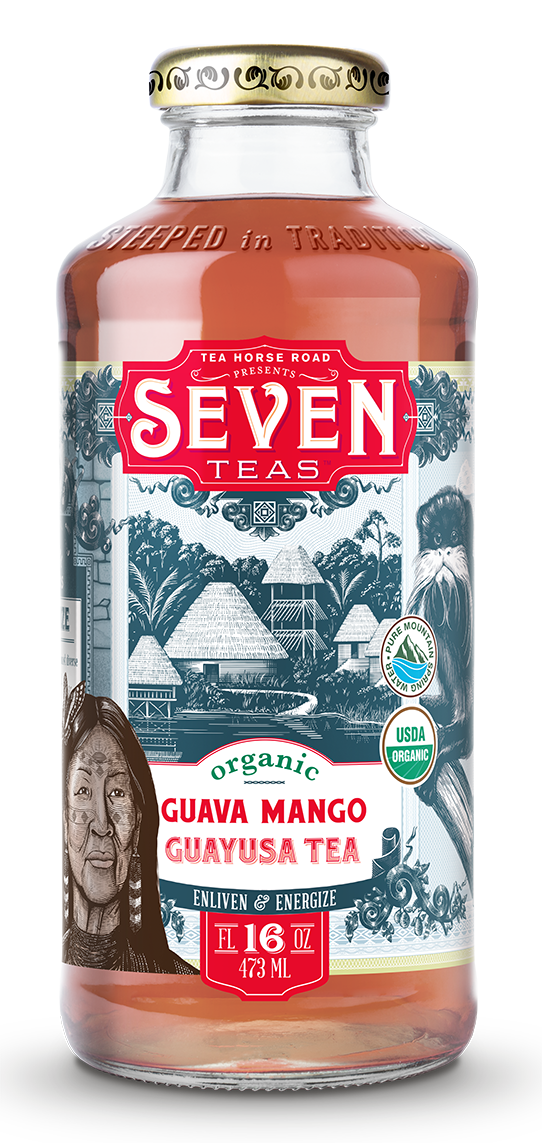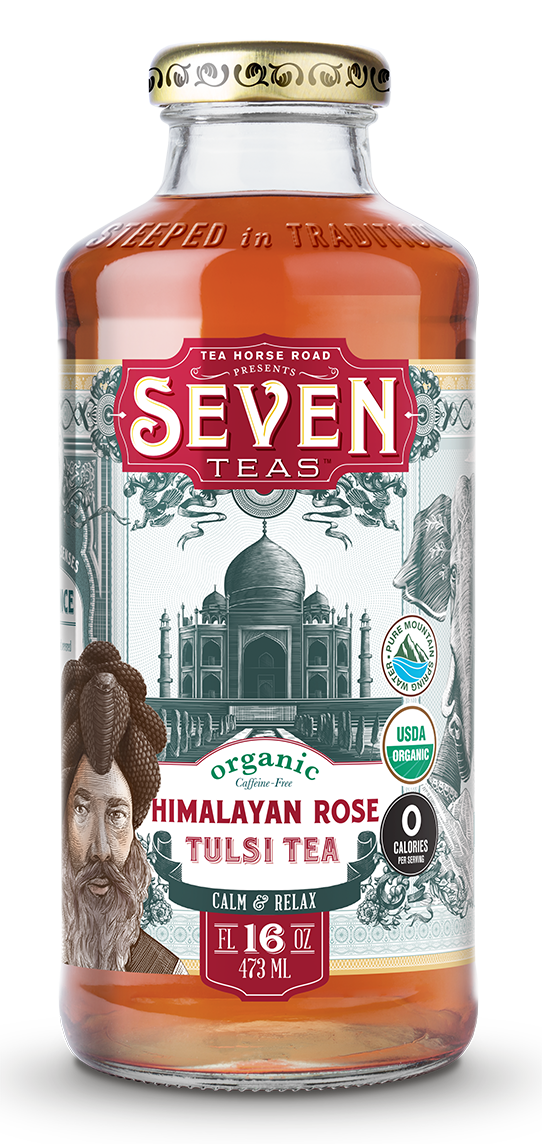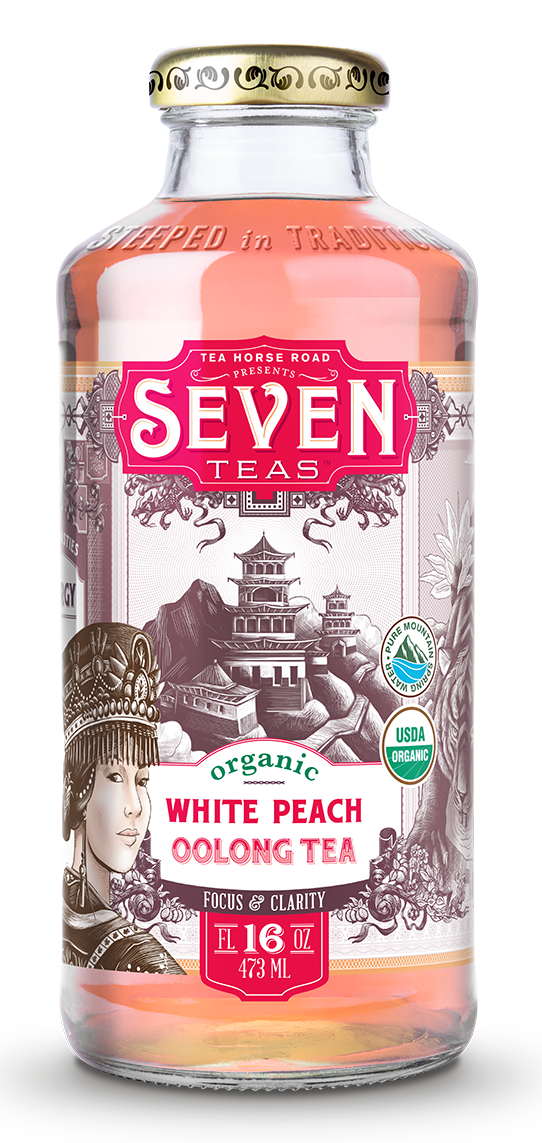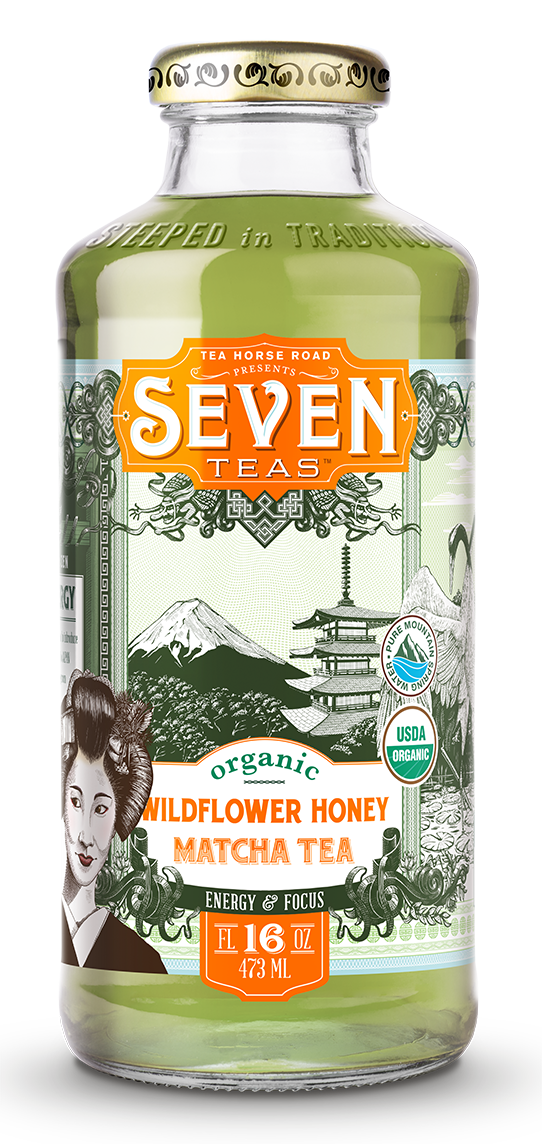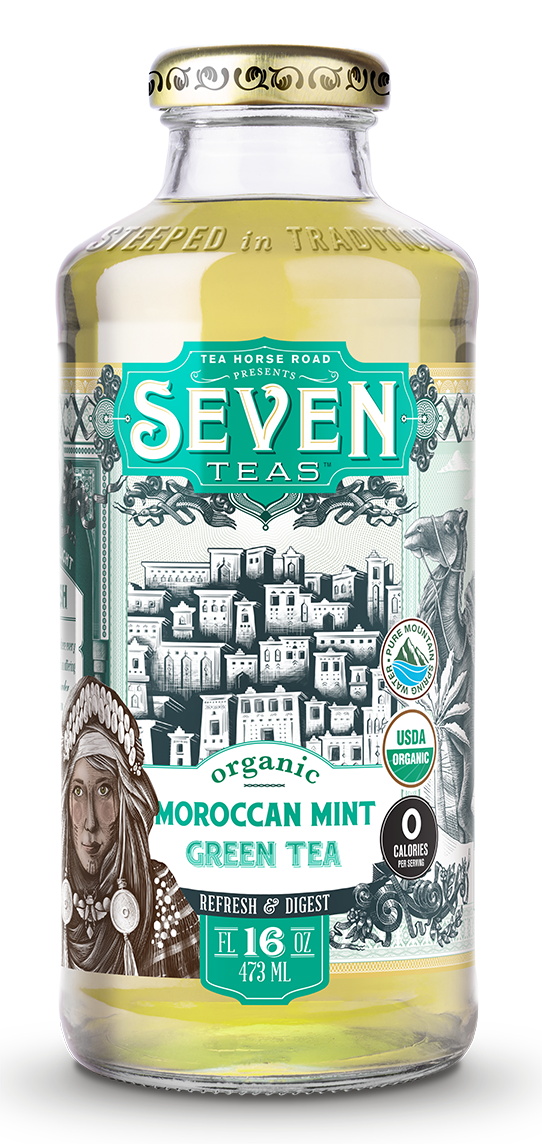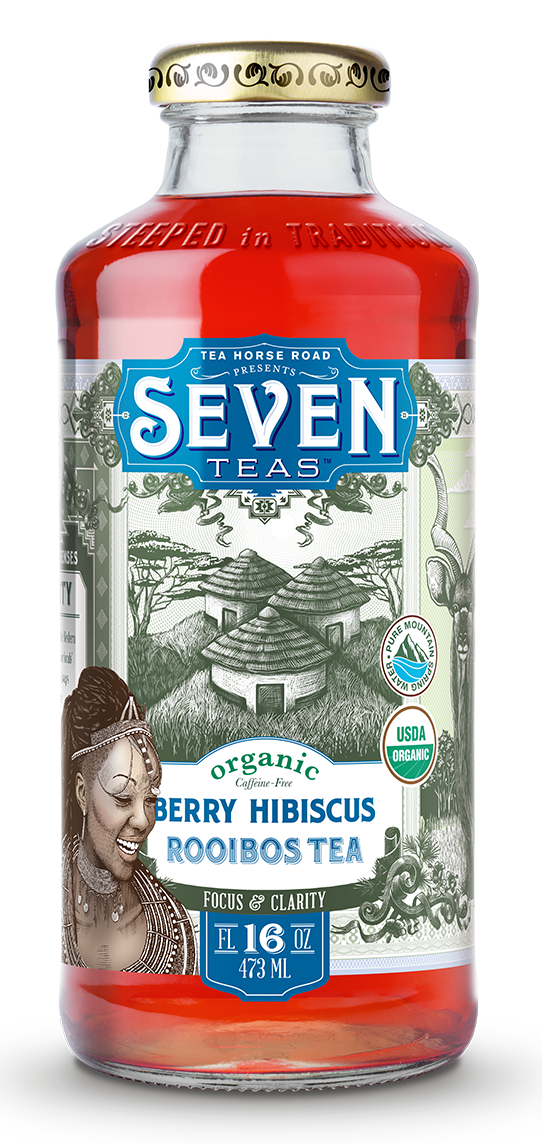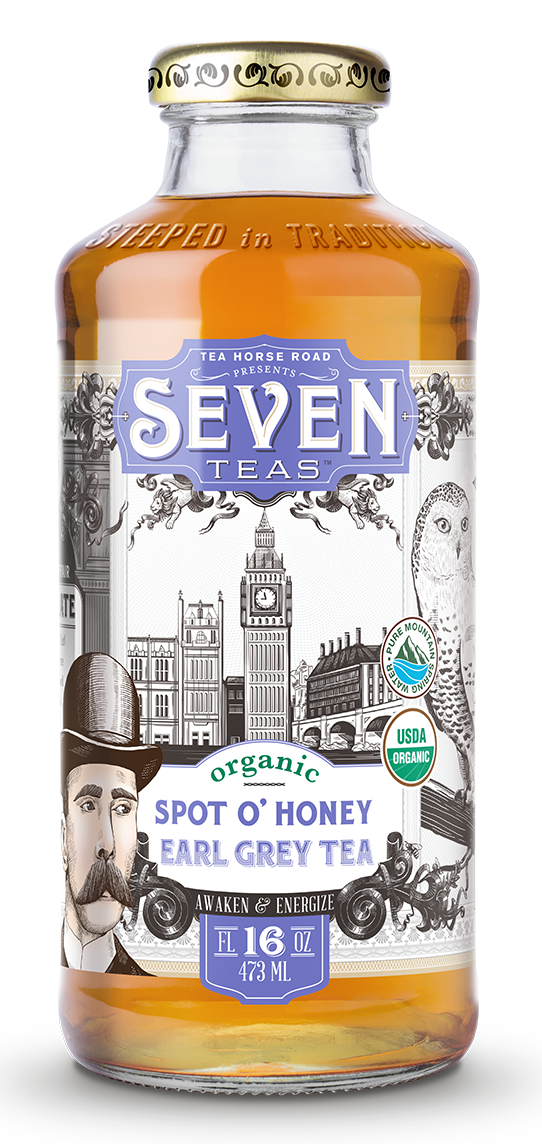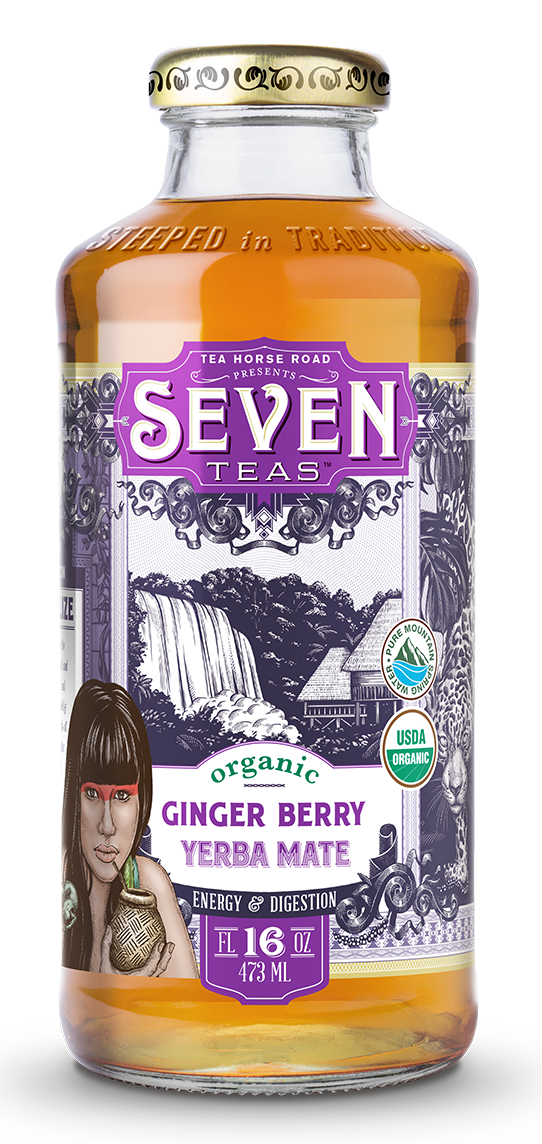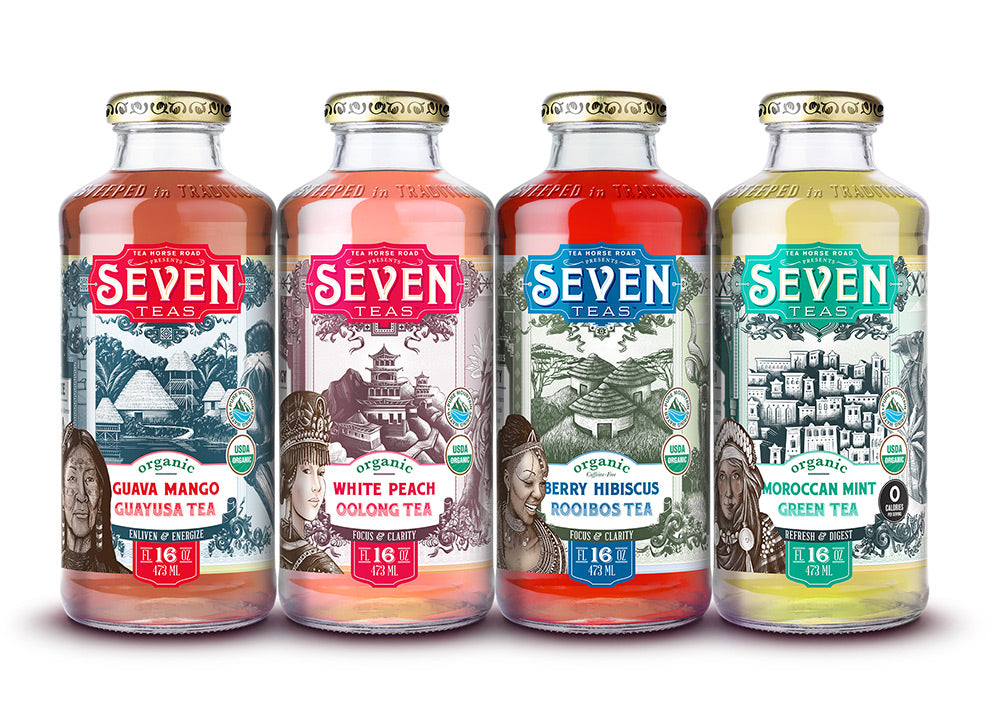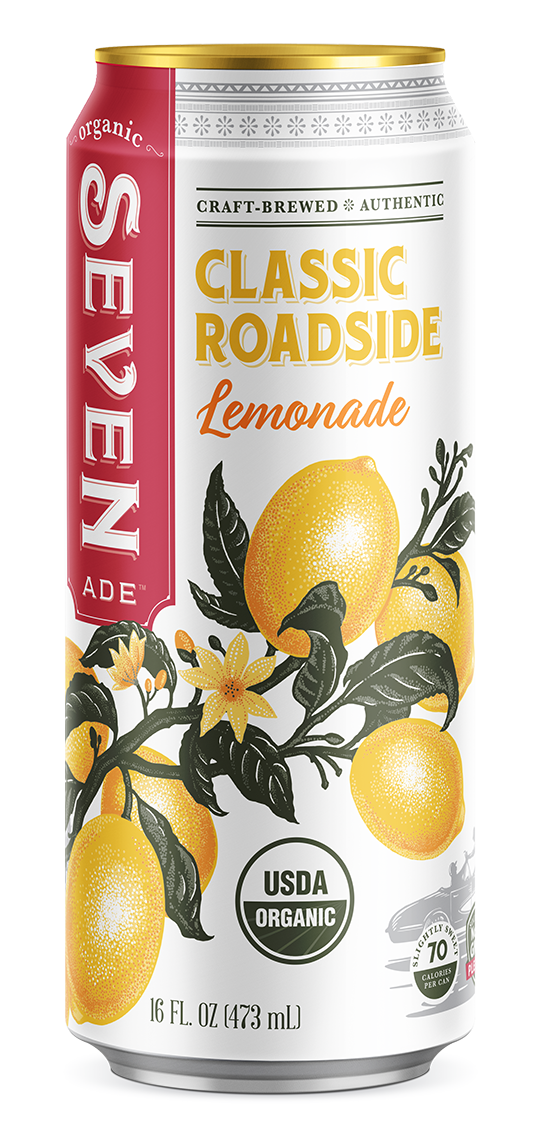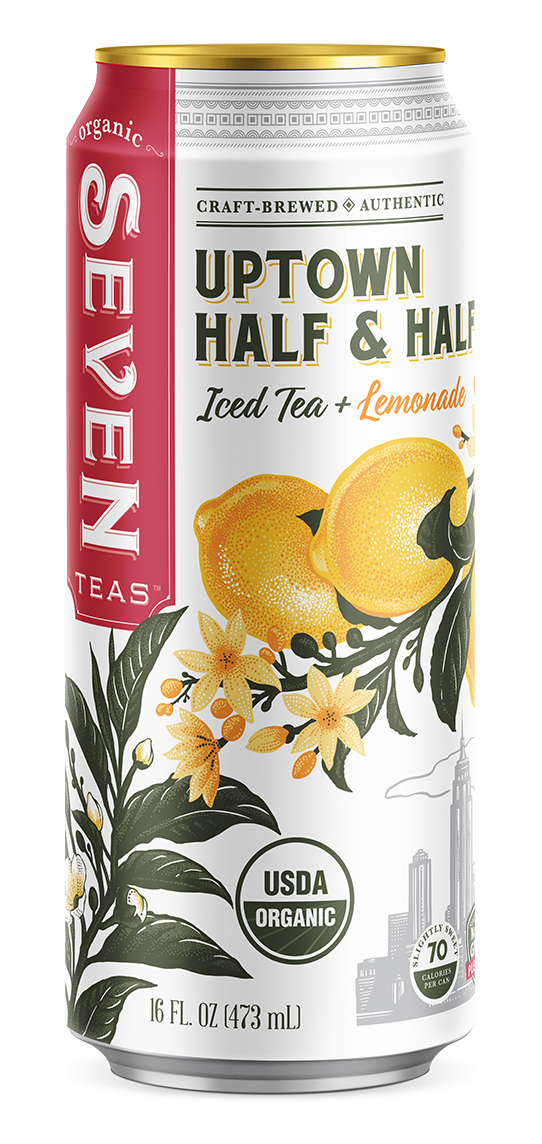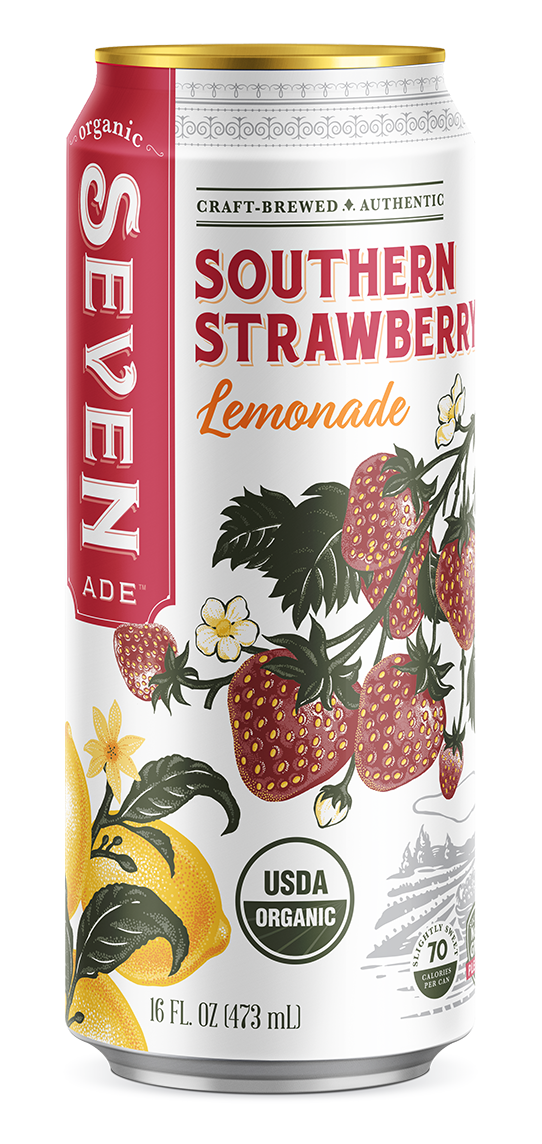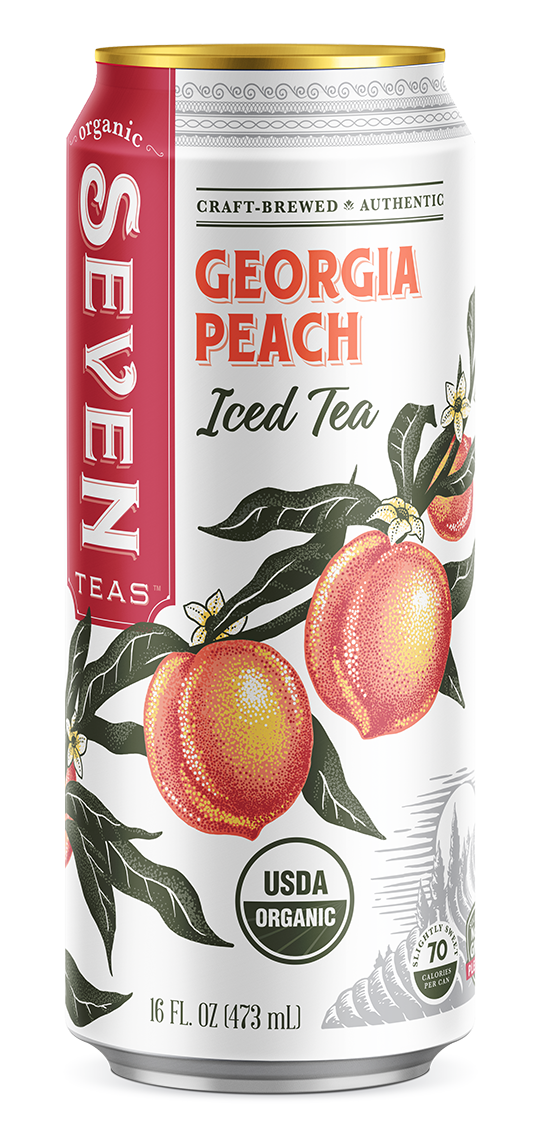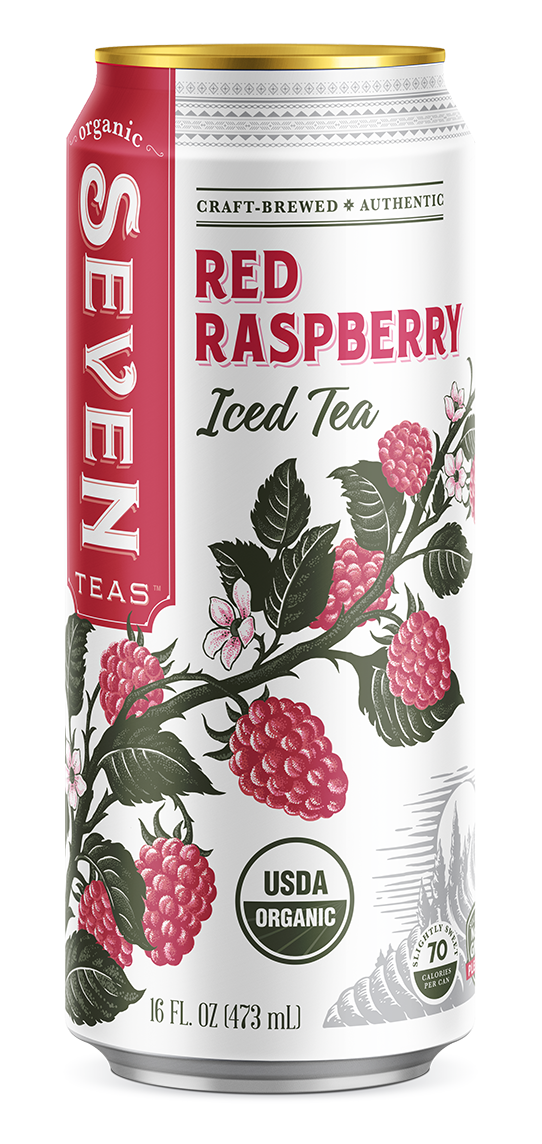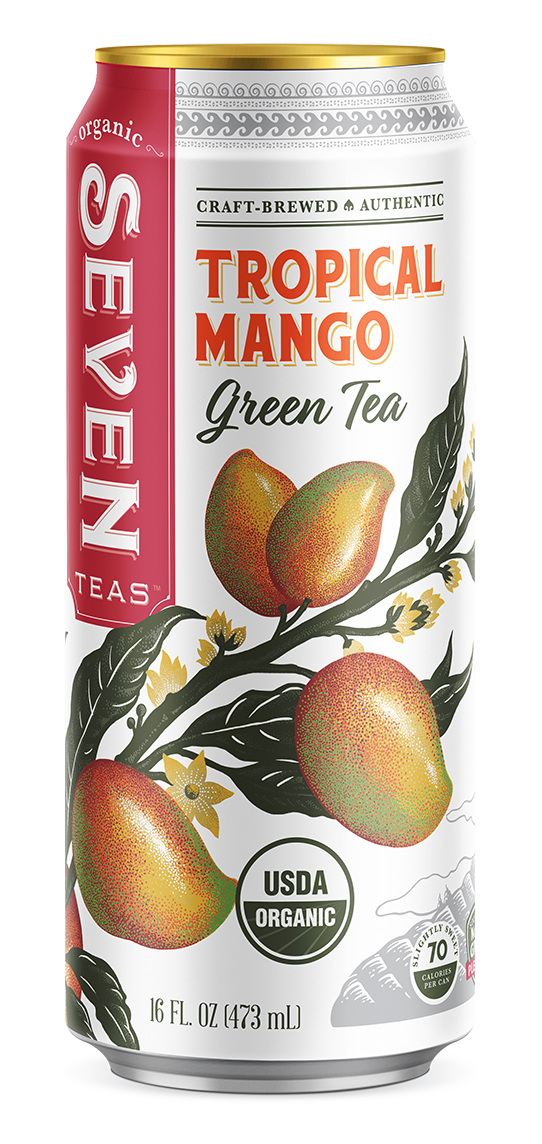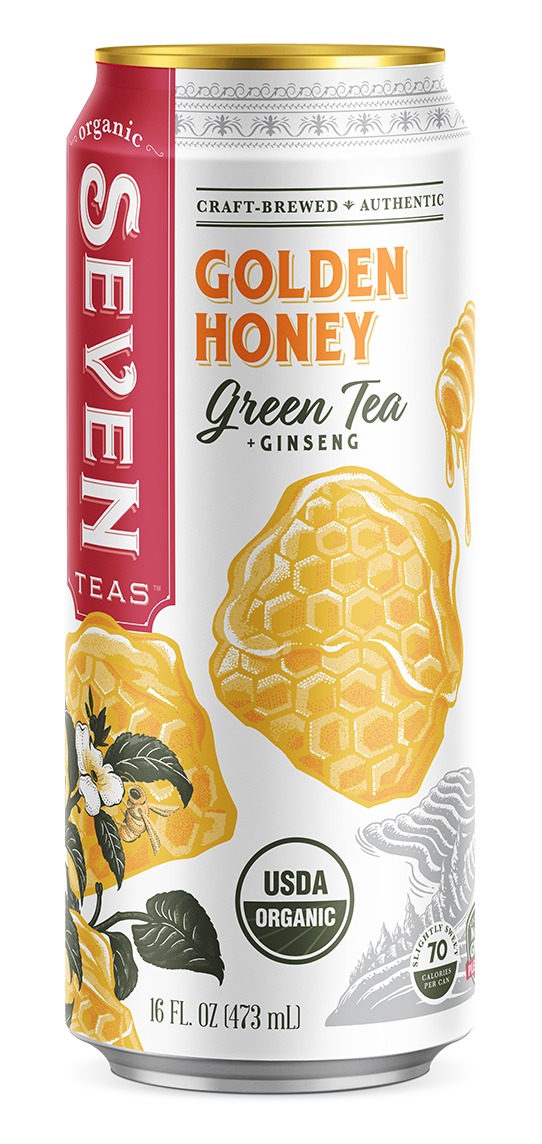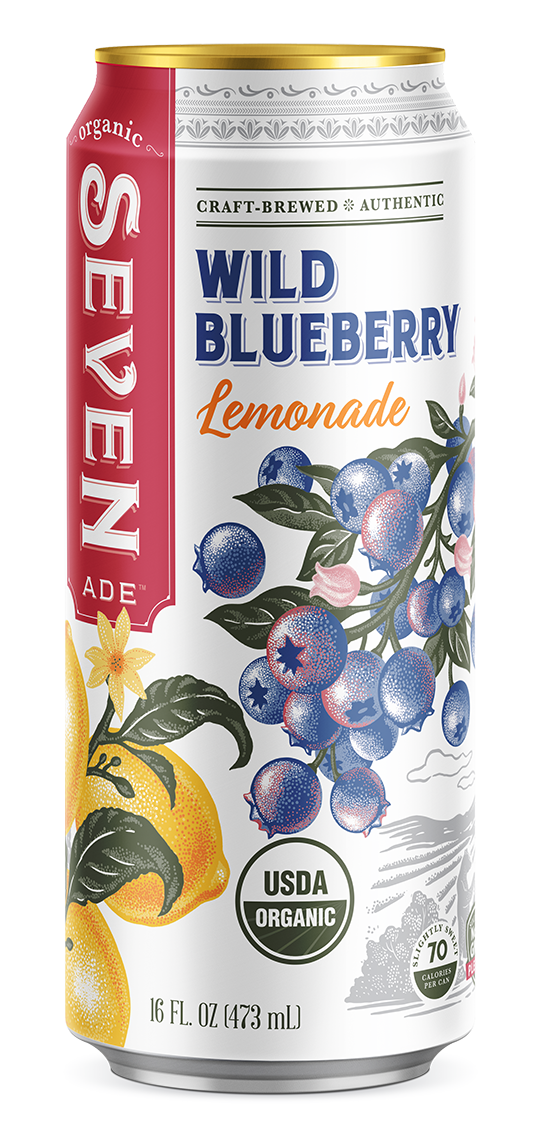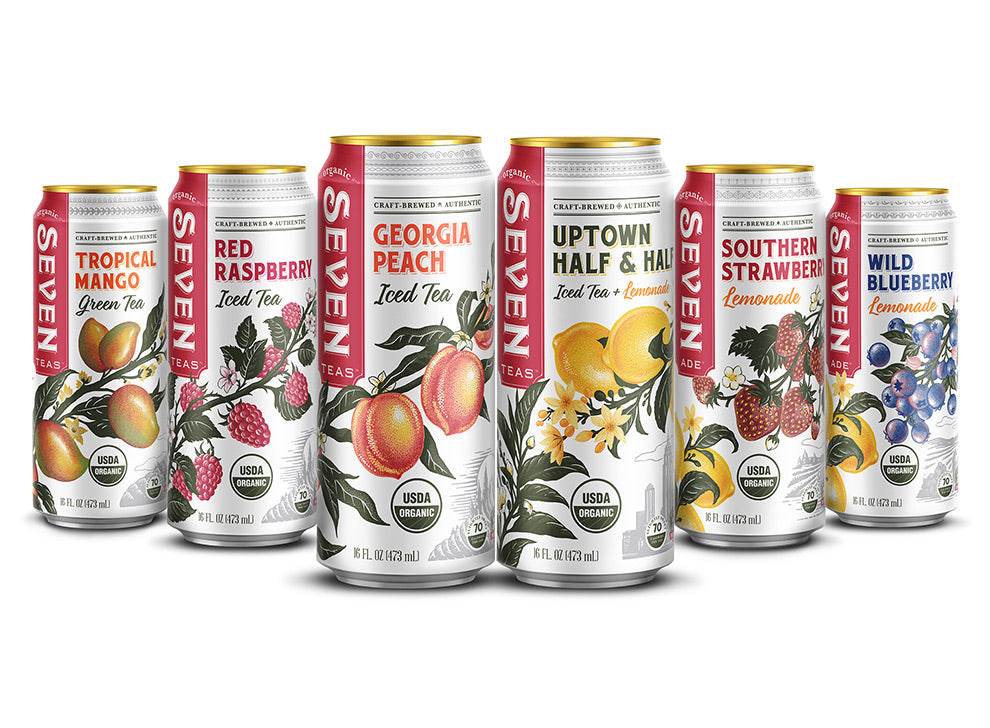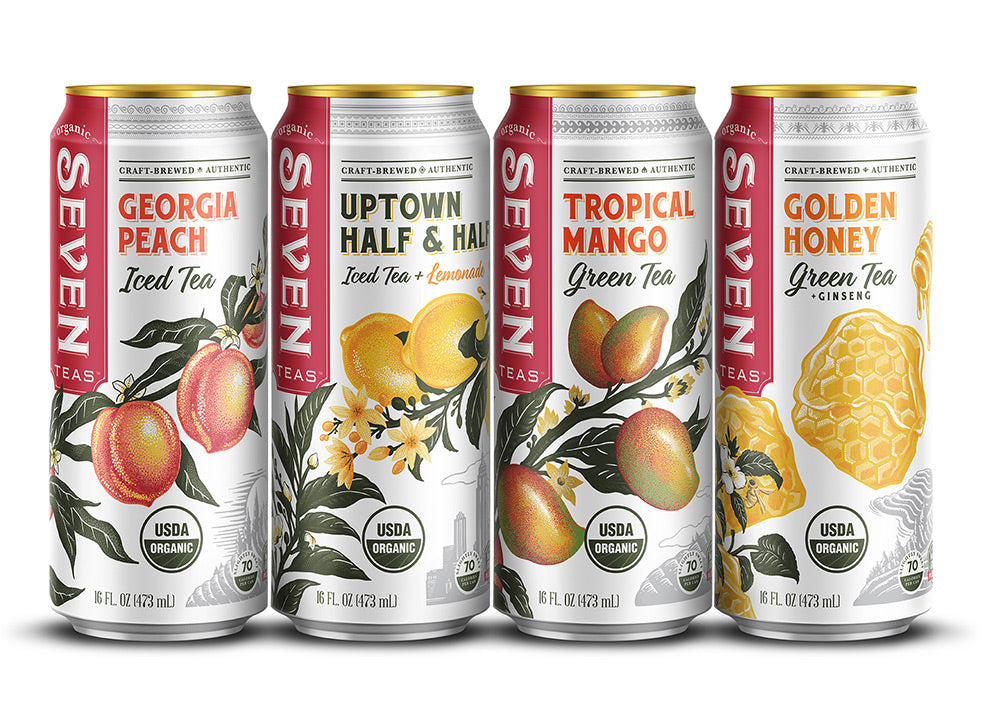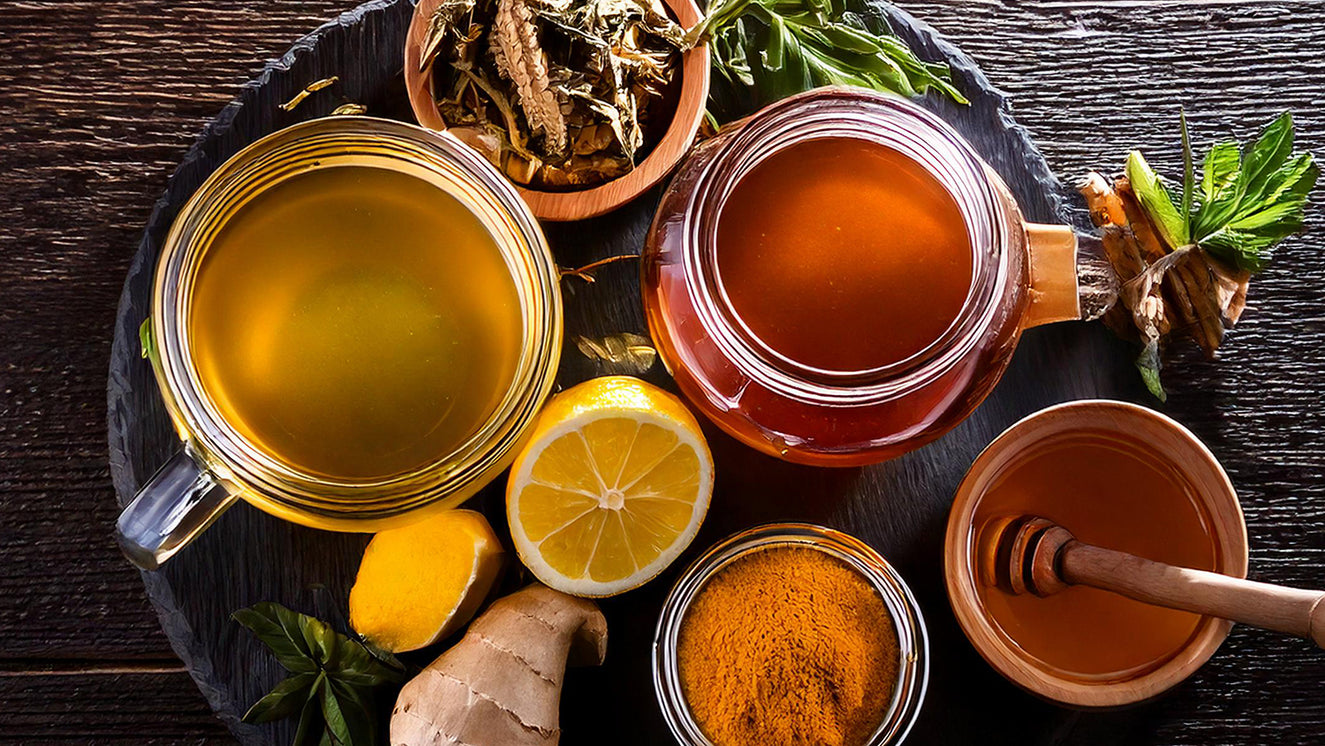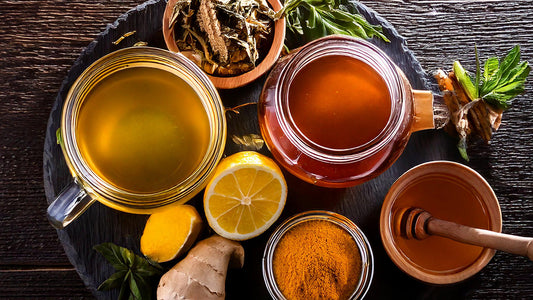Everyone experiences pain and inflammation at some point, whether from an injury, chronic condition, or just the wear and tear of daily life. While we often reach for over-the-counter remedies, many people are turning to natural ways to manage pain, including drinking specific types of tea.
Teas have been used for centuries in various cultures to help reduce pain, ease inflammation, and support overall wellness. But what makes these teas so effective, and which ones should you try? Let’s look into how different teas can offer relief and which types might be the best for different aches and pains.
How Can Teas Help with Pain and Inflammation?
When we’re dealing with pain or discomfort, sometimes the simplest comforts make the biggest difference. A warm cup of tea can feel like a cozy hug for the soul, but it can also be so much more. Many teas have natural compounds that actually help reduce inflammation and ease pain gently from the inside out. Let’s take a look at the reasons why teas can help with pain relief:
Packed with Natural Antioxidants
Some teas are loaded with antioxidants, which are great little defenders that help your body repair itself. These antioxidants work to ease the kind of inflammation that often leads to pain, making it a little easier for your body to heal itself over time. Sipping tea regularly is like giving your body a steady flow of these helpful compounds, making it easier to keep discomfort at bay naturally.
A Gentle, Natural Pain Relief
One of the best parts about certain teas is that they come with natural pain-relieving ingredients. Think of it as nature’s way of helping with everyday aches and soreness, but in a way that’s gentle and easy on the body. Unlike some medications that can come with side effects, these teas often work in a way that’s both calming and supportive for your system.
Provides Comfort
Let’s be real—pain feels ten times worse when we’re stressed or anxious. A warm cup of tea can bring you a moment of calm, a chance to slow down and breathe, which can help make pain feel more manageable. There’s something so comforting about holding a warm mug, and that soothing ritual alone can make a big difference in how we feel.
The Best Types of Tea for Pain and Inflammation
Tea offers a comforting, time-tested way to manage discomfort, with specific types known to ease everything from sore muscles to joint aches. With so many varieties out there, different teas contain unique compounds that can target pain and reduce inflammation naturally. Let’s explore some of the best options so you can find the right tea to help soothe and support you.
Green Tea
Green tea is rich in antioxidants, especially a compound called EGCG, which helps reduce inflammation in the body. Research shows that these antioxidants can be great for joint pain and may help reduce symptoms related to arthritis. Its mild taste also makes it an easy tea to drink daily for long-term support.
Ginger Tea
Ginger tea is known for its warming and soothing qualities. Its natural anti-inflammatory compounds, called gingerols, help reduce muscle pain and relieve cramps. Ginger also stimulates circulation, which can help ease pain and stiffness, making it ideal for managing soreness and tension.
Turmeric Tea
Turmeric tea stands out for its main compound, curcumin, which has strong anti-inflammatory effects. Curcumin can help reduce joint pain and is especially useful for people with chronic inflammation. For best absorption, add a pinch of black pepper to turmeric tea to increase its effectiveness.
Chamomile Tea
Chamomile tea is commonly used for relaxation but also helps relieve pain. It has gentle anti-inflammatory and calming properties that make it ideal for easing muscle tension, mild inflammation, and even digestive discomfort. Its soothing effects make it a good option before bed to help with relaxation.
Peppermint Tea
Peppermint tea is a popular choice for pain related to tension and headaches. The menthol in peppermint can naturally relieve muscle tightness and is helpful for digestive pain. Its cooling, refreshing flavor adds to its appeal, especially when you’re dealing with stomach cramps or stress-related pain.
Rooibos Tea
Rooibos tea is a caffeine-free option packed with antioxidants that help fight inflammation. It is particularly beneficial for managing long-term inflammatory conditions and can be enjoyed any time of day. Its gentle, slightly sweet flavor makes it a good choice for regular use.
Potential Side Effects and Precautions
While teas offer natural benefits for pain and inflammation, it’s good to be aware of a few potential side effects and precautions. Most teas are gentle, but some can interact with medications or cause mild reactions in certain people.
For instance, green tea and ginger tea can sometimes irritate the stomach, especially if consumed in large amounts or on an empty stomach. Similarly, peppermint tea might worsen acid reflux for those who experience it, as peppermint can relax the muscles at the bottom of the esophagus.
Pregnant or breastfeeding individuals should also take special care. For example, chamomile is generally considered relaxing but should be avoided in high doses, as it can have mild effects on the uterus.
It’s always best to consult with a healthcare provider if you’re on medications, have allergies, or are managing specific health conditions. Moderation is key—these teas are most beneficial as part of a balanced approach to pain relief.

Can I Drink Coffee Instead of Tea for Pain and Inflammation?
Coffee has antioxidants, which can be helpful, but it doesn’t have the same anti-inflammatory and pain-relieving properties as many teas. While coffee’s antioxidants are helpful for general health, coffee also contains caffeine, which can sometimes worsen inflammation for people sensitive to it.
Some people also find that too much coffee can increase anxiety or make muscle tension feel worse, especially in high amounts. Teas like green tea, turmeric, and ginger contain specific compounds known to help reduce inflammation, which coffee lacks. If you love your morning coffee, you don’t have to give it up, but adding a cup or two of anti-inflammatory tea throughout the day can better support pain relief and reduce inflammation naturally.
Final Thoughts
Adding tea to your day can be an easy, natural way to help with pain and inflammation. Each tea brings something special, whether it’s calming sore muscles, easing joint pain, or simply giving you a moment to relax. If you’re looking for gentle ways to feel better and support your body, a nice cup of tea is going to do wonders for you.
So, why not make tea a part of your routine? A warm cup not only brings comfort but also gives your body a little extra help in managing pain—one sip at a time.
Ready to find the perfect tea for pain and inflammation? Explore our unique selection of premium and sustainably sourced teas at Seven Teas and start feeling better with every cup!
